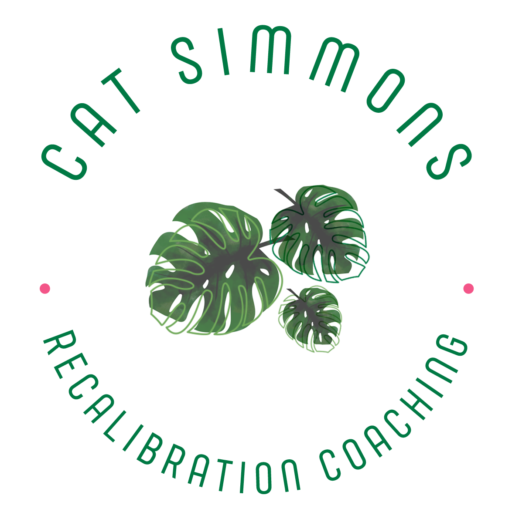
Right now, I am listening to a playlist called “Songs to feel to” on Spotify. It is the perfect accompaniment to writing this blog. In the film of my life, here I am, glasses on, writing content whilst Angie Stone serenades me.
Music is my guilty pleasure. I am by no means an aficionado, I have barely seen any bands live and I have a terrible memory for things like song names or albums. I remember places, people, smells, adventures. Even more so now we are in the streaming age, where music can be at your fingertips (internet gremlins permitting) any time day or night. Gone are the days where you waited for an album drop then savoured it, having to physically go to a shop to buy it, listening to each song in order, trying to decipher the wider story being told. Gone are the days of clunky CD cases, let alone the clack clack of tape cassette boxes. I still mourn the loss of my mini disc player.
I remember Foo Fighters in my ears whilst I thrashed around on the elliptical in Belfast, returning to a different life after time in Rwanda. Rwanda was the land of the cassette player. I took mine with me in my suitcase, having been told it would be useful for some teaching purpose. Knock off tapes readily available, crackly renditions of 50 Cent In Da Club, and a stupendous Christmas medley of Boney M and Kenny G. Chameleon and Mr Nice. Africa Top Hits. Taped Radio 2 programmes sent via snail mail from home, albums by artists I had never heard of and devoured over and over. Norah Jones takes me right back to thunderstorms, the smell of rain in the air, motorbike taxis and chapattis. Tanzania is Metallica along with the Prodigy and deep dives into dubstep, a reflection of my overall mood I think. Blasting out of the work car, feet up on the dash driving down to Dar es Salaam stopping to buy corn on the cob from the street vendors.
Lucky Dube is the hot hot days of Zambia, trying to navigate the deep pot holes, pivot irrigation pipes and tracks in the dusty forest in the middle of nowhere. No truth in this world. Lockdown is noise cancelling headphones, a special drunken singing playlist to relieve the stress – REM and Simon and Garfunkel belted out in the garden whilst picking tomatoes and thinking about the apocalypse. Sorry neighbours. Skrillex is for deep focussed work work – multi-year, multi-objective, multi-currency budgets. No idea how it works, but it provokes a mega flow state. Reflection and sorrow is Thomas Tallis, or Burial, preferably with as many candles lit as possible. The power of the human voice. Music is history and evolution. I feel old when I hear one of my favourite songs sampled in a new version by someone I have never heard of.
And then the sound of silence. Mindfulness. Quiet. Birdsong. Trees.
According to the excellent UK Music and The Utley Foundation report “Power of Music”, music is the soundtrack to our lives, with 74% of adults saying that music is important to them and their quality of life . Over the last decades, more and more research has been conducted to understand why and how music can be such a positive benefit to humans, both in terms of well being but also for those with specific illnesses such as dementia. A significant number of academic reviews have concluded that musical interventions have a positive effect on pain, mood, and anxious or depressive symptoms in both children and adults in a variety of settings. This is further underscored by a 2022 review of 26 studies conducted across several countries that found music provides a clinically significant boost to mental health, improving wellbeing and quality of life. Music interventions were linked to meaningful improvements in wellbeing and the effects seen were similar whether participants sang, played or listened to music. This particular review suggests that the benefits of music to mental quality of life are close in effect to improvements in mental health due to exercise and weight loss. Incredible!
Playing music helps boost brain power, cognition and fine motor skills whilst singing improves lung capacity, muscle tone, oxygen uptake and mood. We can create playlists that both trigger and validate our moods – we can use music to get us into a flow state or a creative mood or a happy mood. Or we can use music to explain our feelings, and validate how we feel. We feel less alone when we hear someone singing how we feel. We learn about ourselves and each other when we experience music – whether socially in large groups or in intimate spaces. Even listening to nature noises in an urban environment can be supremely soothing and relaxing. Rain noises at night, the noise of the wind rushing through the grass. The music of nature is deep within us. Drumming, heartbeats, walking. All music.
And now to make dinner, I feel a little Otis Redding in the air.
Some reflective questions:
What is the first song you remember ?
What was the first music you bought?
Is there any music you cannot listen to?
Do you have a soundtrack to your life?
Does silence inspire or terrify you?
What is on your guilty pleasures playlist ?
Would you like to learn an instrument?
Have you ever written music?




